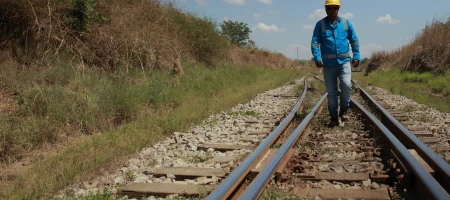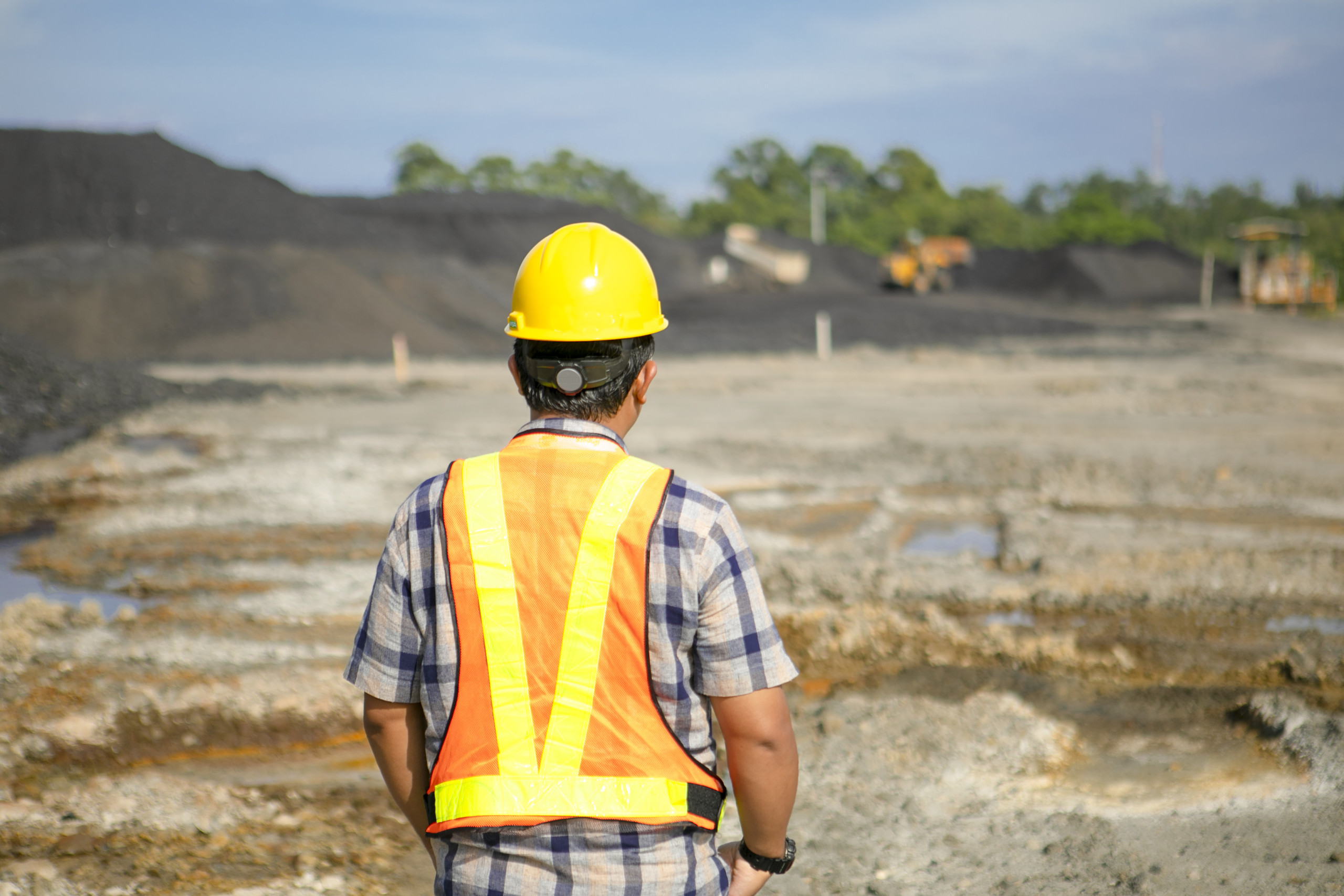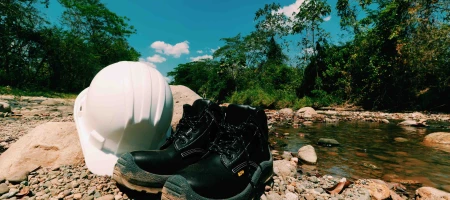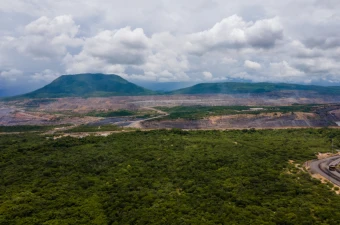
Publication date 25 08 2021
“The energy transition requires companies and the Dutch government to take responsibility when it comes to the future of thousands of employees in the coal mines,” says Maurice van Beers, regional coordinator Latin America at CNV Internationaal. SOMO presents the report Responsible-disengagement from coal. It examines the situation of the workers and residents of mines in the Cesar region of Colombia. CNV Internationaal now mainly wants workers in the area to receive the support they are entitled to, so that the closure of mines does not lead to mass unemployment and poverty in the region.
Action is needed now
Van Beers: “This reportstrengthens our plea that Dutch politicians should take action now to guarantee the rights of employees throughout the chain. Coal from Colombia is used for óur energy. With the switch to sustainable energy, politicians must pay attention to the many people who work in this sector. The energy transition here must not lead to large-scale unemployment and poverty in countries such as Colombia. This requires good regulations and money. In this way, employees can retrain to work in another sector. We need to prevent them from being left behind in great poverty with their families.”
The SOMO report shows that two mining multinationals made profits in the area for decades, while human rights were violated on a large scale; union leaders were threatened and killed. According to the UN Guiding Principles on Business and Human Rights (UNGPs) and OECD Guidelines for Multinational Enterprises (OECD Guidelines) – companies must take responsibility and do everything they can to avoid contributing to human rights violations.

Energy transition
CNV International is currently working with three energy companies, including RWE and Uniper, on shaping a fair transition for employees. Van Beers thinks these are good first steps: “But we are not there yet. All companies must take their responsibility, as does the government. The effects of our energy transition on the very poorest at the beginning of the value chain are not given sufficient attention. This is true for the people mining the metals needed for our energy transition and even more so for the coal mining workers in countries like Colombia. Politicians should make policy on this.”
Thousands of people
That this is necessary is evident from the behavior of the Swiss mining company Glencore, which has announced that it will leave without any consultation with unions and other stakeholders about a social plan. (Read here.) Van Beers: “An example of what not to do. The energy transition is about sustainability, but it also affects the lives of tens of thousands of people who work in those chains. It is important to set up a fund with financing from companies and governments to stimulate alternative sectors and enable employees to make the transition to other work.“



